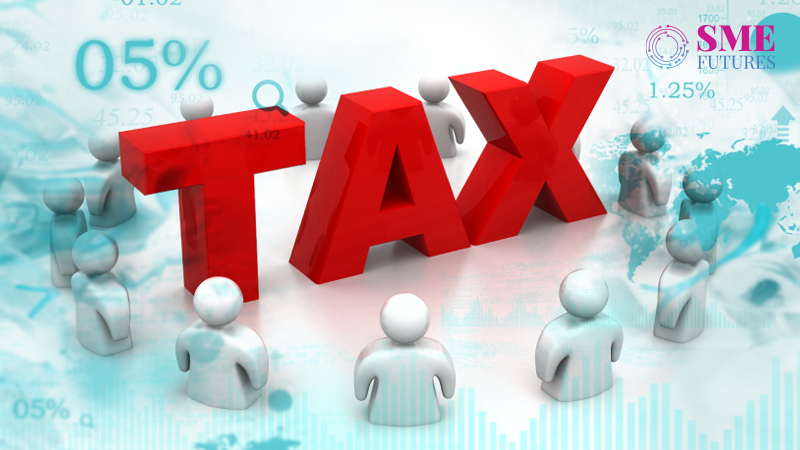As the nation awaits the Union Budget announcement tomorrow, key industry stakeholders have voiced their expectations, particularly concerning taxation reforms. These experts believe that strategic changes could stimulate economic growth and ease the financial burdens on individuals and businesses alike.
Archit Gupta, Founder & CEO of Cleartax, emphasised the necessity of revising the Section 80C limit, which has not seen an update since 2014 despite rising inflation. Gupta stated, “The much-needed revision in the section 80C limit would not only help taxpayers combat inflation but also stimulate savings and investments in key financial instruments like ELSS, tax saver FDs, PPF, etc., aligning with the broader vision of a financially robust and prosperous India.”
He also proposed an increase in the interest deduction limit under Section 24(b) from Rs. 2,00,000 to Rs. 3,00,000 to further encourage home ownership. “This change would provide additional incentives for purchasing residential properties, supporting both individual financial health and the broader real estate market,” Gupta added.
Additionally, Gupta highlighted the importance of reclassifying Bangalore as a metro city for income tax purposes. “As Bangalore has grown economically and demographically, reclassification as a metro city is crucial. The current non-metro classification limits HRA deductions to 40%, compared to the 50% available in other metro cities,” he explained.
Anita Basrur, Partner- Direct Tax at Sudit K Parekh & Co. LLP, suggested simplifying the existing Tax Deduction at Source (TDS) provisions. Basrur proposed combining sections for different types of payments with a single higher threshold limit and unified rate for residents. “Combining sections like interest and dividend, and payments to a contractor or professional, can simplify compliance while ensuring timely tax deduction and deposit,” she said.
Basrur also pointed out the burden of India’s high personal income tax (PIT) rate of 42.74%, which, when combined with GST, results in a substantial overall tax burden. “The government may consider lowering the effective PIT rate to around 25%, similar to new manufacturing companies. This is especially relevant since many deductions are no longer available,” she noted.
She further remarked on the implications of high tax rates, which often lead to tax planning and income diversion. “A very high effective tax rate encourages individuals to resort to tax planning, diversion of income at source, formation of multiple entities, etc., to reduce the effective tax liability. These practices can be kept under check if the effective PIT rate is much lower,” Basrur concluded.
As the budget day approaches, the insights from these experts underline the critical need for tax reforms to foster economic growth and provide relief to taxpayers. The government’s response to these expectations will be keenly observed by individuals and businesses across the country.











